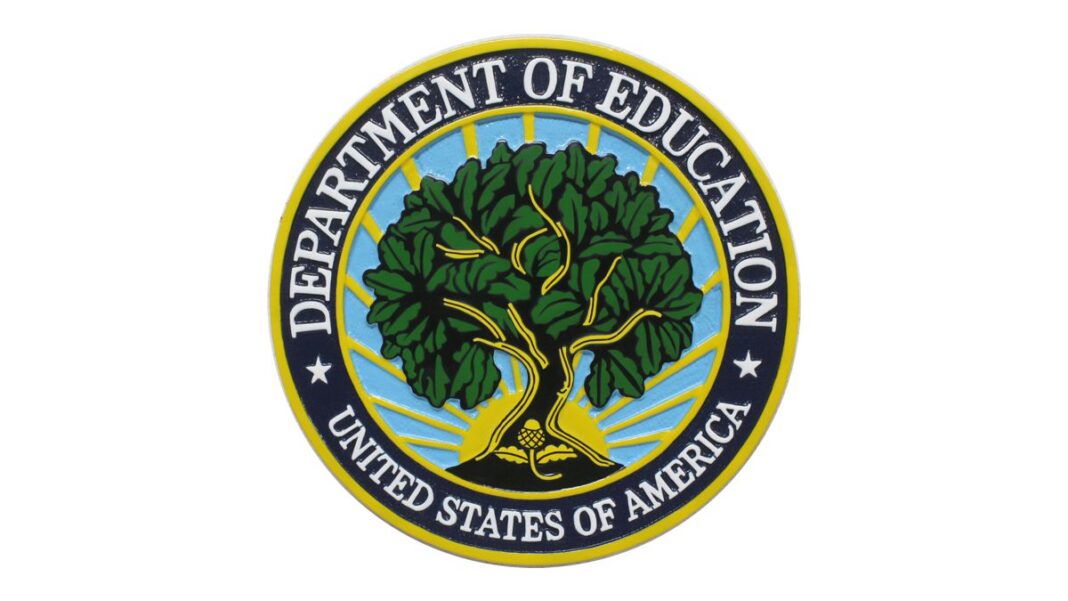A federal court in Oregon on Thursday upheld a Title IX exception that permits religious universities to receive federal funding even if they follow religious beliefs regarding marriage, sexual identity, and gender.
A group of 40 LGBT individuals filed the 2021 lawsuit against the U.S. Department of Education to challenge an exception or loophole in Title IX that permits religious colleges to seek exemptions from the civil rights law’s restriction against sex-based discrimination.
Judge Ann Aiken from the U.S. District Court for the District of Oregon found that the loophole is “one narrow exception” to Title IX designed by Congress to safeguard institutions controlled by a religious organization and avoid interfering with their convictions that may conflict with the regulations.
“Exempting religiously controlled educational institutions from Title IX—and only to the extent that a particular application of Title IX would not be consistent with a specific tenet of the controlling religious organization—is substantially related to the government’s objective of accommodating religious exercise,” Aiken wrote in her ruling (pdf).
The LGBT group, the Religious Exemption Accountability Project, the plaintiffs in the case, argued that the exemption violated the students’ equal protection rights under the U.S. Constitution by treating them differently than other students due to their sex, sexual orientation, and gender identity.
Failed to Prove Discriminatory Intent
While the group made many claims of mistreatment at religious schools, the judge found that the group failed to prove any discriminatory motivation by Congress in enacting the Title IX exemption in question.
“The Court cannot conclude that Plaintiffs’ assertion that ‘Congress enacted the religious exemption to permit discrimination based on sex, sexual orientation, and gender identity,’ is sufficient,” Aiken wrote.
Aiken, an appointee of former President Bill Clinton, also rejected their argument that the exemption violated the First Amendment’s restriction on the establishment of religion by Congress, stating that they didn’t prove the federal government, in contrast to schools, advanced religions.
“Plaintiffs provide no developed analysis or facts to shed light on those assertions or explain how Defendants have advanced religion through their own activities and influence,” Aiken wrote.
The U.S. Department of Justice defended the exemption but agreed that it potentially violates Title IX.
The Religious Exemption Accountability Project said they were considering an appeal.









